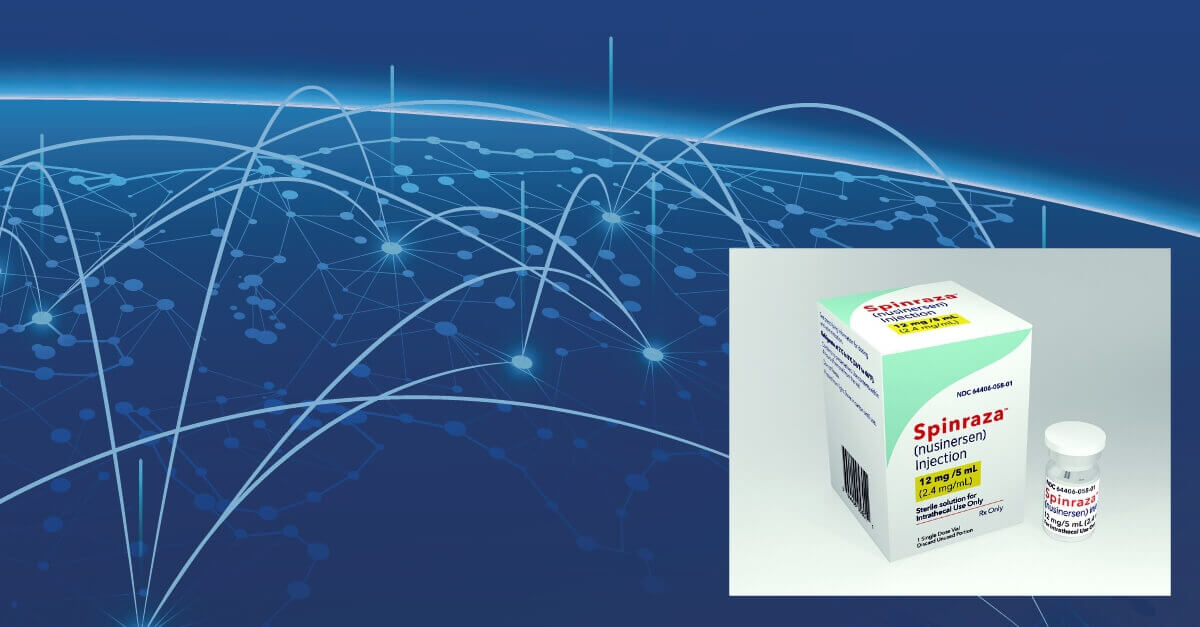Spinraza has been called the most high-profile case of “inflexible, inappropriate” approach by NICE to some rare disease drugs in a newly published analysis.
The report, titled Access to Orphan Medicines: A Case for Change, has highlighted that the processes used by NICE to appraise orphan drugs do not do justice to their outcomes for people who wish to access treatment for a rare disease in the UK. It has been published by MAP Biopharma and prepared by a Steering Committee composed of representatives of several pharmaceutical companies developing drugs for rare diseases.
The key findings from the report are that:
- Very small differences between treatments in terms of patient numbers or clinical management can have a significant impact on the criteria against which they are assessed, which severely disadvantages those that are routed for a Single Technology Appraisal (STA) as opposed to the Highly Specialised Technology (HST) programme
- The Government retains the position publicly that the STA process is fit for purpose for the assessment of orphan treatments, but the analysis suggests that whilst NICE has been able to recommend some orphan medicines via its STA programme, the process is not necessarily straightforward, and significant time and stakeholder input has been required to deliver a successful outcome
- Of the 24 completed STA reviews of orphan treatments between 2013 and 2017, 50% were recommended with restrictions compared to 21% of non-orphan treatments. Very few (13%) of orphan medicines were recommended within their full marketing authorisation, compared to two thirds of non-orphan medicines
- The number of non-cancer orphan drugs reviewed by STA is very small (six), while of the four completed appraisals, none have been recommended within their full marketing authorisation
- Within cancer treatments, a higher percentage of orphan treatments benefited from the Cancer Drugs Fund than non-orphan medicines. This demonstrates that in order to secure routine use, orphan medicines are more likely to require special consideration than non-orphan treatments.
The report summarises and expands on what TreatSMA and others have been saying for years: that the NICE appraisal process is broken for orphan drugs (other than cancer medicines) and is in urgent need of a reform. NICE has historically been able to adapt its processes, and now the pressure grows the reform is carried out as soon as possible. People suffering from rare diseases cannot wait. We at TreatSMA keep in mind that nusinersen is the first but certainly not the last SMA drug to go through NICE appraisal.
We are hoping to join the process and are keen to make a positive contribution to the debate and find a way forward that reflects the needs and inclusivity of all those who seek access to treatments for their rare diseases.
Click to read the report:
Click below to read a press release that gives a good background of the circumstances that led to the drafting of the Report:


